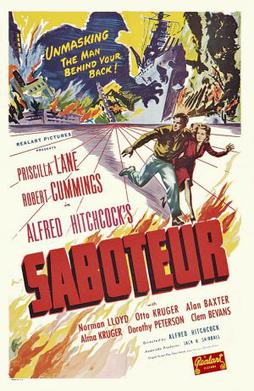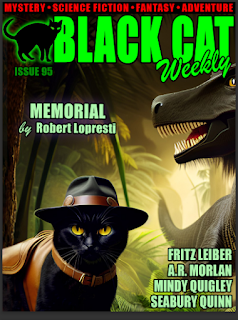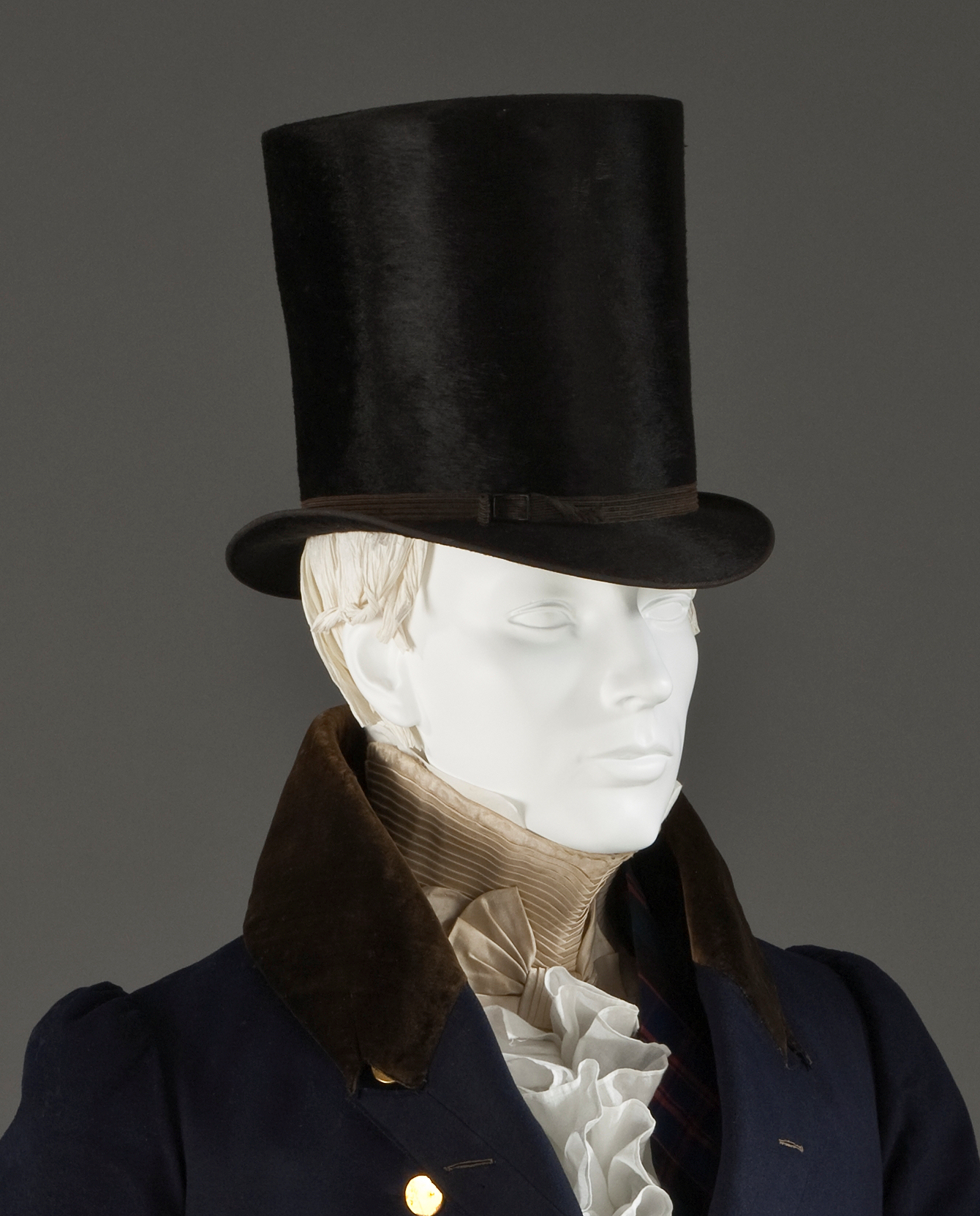The process of writing a book or short story is as varied as there are authors. Everyone has a different method. In this short post, I want to briefly talk about how I go about the business of
write (I recently mentioned in social media that I always write five drafts, and someone asked me to explain).
I didn't always used to write this way. My five draft method has evolved over the years and become a thing. The last dozen short stories I wrote were all five draft works, and the book I'm currently writing, will, without doubt, be a five draft job.
DRAFT ZERO: The game is afoot.
It's not really a draft. Nothing is written down. I get an idea for a story. The idea sits inside my head, gathering and collecting other ideas around it, slowly growing in mass. A story might bubble away like that for years. At some point, critical mass will be achieved, and I will be compelled to put something down on (virtual) paper.
DRAFT ONE: The Basic Outline
I'll open a new MS Word document and start typing out all the ideas in my head. I'll start drawing out the characters and the plot: who and what is the story about, and how does the story flow? I'll often use index cards spread out across my desk (detailing plot points), to get a three dimensional feel of the story — to physically
see it.
I structure my stories in three acts: 25% 50% 25%, with the middle act split in two. I do this because I learned to write, really, by writing screenplays (I'll write about this in another post). Because of that background, right from the start, I want to consider the structure and pacing. I want to know what the beats are, what the character arcs are, where the plot points hang. In my head, my stories are movies. I just write them down as prose.
Draft one can go on for weeks. A new idea will suggest three more. It's brainstorming. It's research and development. The point of this draft is to cook up something that has a decent beginning, middle, and end, interesting characters, and that has potential to be a story that's compelling, good, and all the other reasons we want to waste large chunks of our lives in servitude to the written word.
At some point, there's never ever any set timing about any of this, I will want to write the story's first page. You know, chapter one,
It was a dark and stormy night...
DRAFT TWO: The Writing Begins
This is where I remind myself of something William Goldman once said about writing an early draft as fast as you can. No rewriting, no revision. Draft two is like a quick
pencil typewriter sketch. I start on page one, then write furiously (spell check off) all the way to the end. Some "scenes" will spit out fully formed, and will change little through the following drafts. Some scenes will be random notes:
"Bad man enters room and pulls out gun."
Draft two is a proof of concept. Does the story fly? It might have sounded great back in draft one, but it might just as easily crash and burn in the second, when it starts to get laid out proper. (I have a lot of second draft debris smoldering on my desk.)
Assuming it does fly, and a solid story starts to unfold, then I'll start to look for plot holes and story bugs. If this is a novel, then a clear sense of the chapters will have emerged. The characters will have started to grow and develop, and I'll start asking the big questions: What type of story am I telling here? Who is the "reader" of this? Writing a story is really just answering a very long list of questions, and these start in the second draft: What names do I give these people? Short or tall? Does he fall in love with her? Does she betray him? Shaken or stirred?
DRAFT THREE: The Consolidation
The third draft is where the heavy lifting starts.
At this point, if it's a novel, I'll cut and paste everything from my Word doc over into
Scrivener. Once a text gets to 30,000 to 40,000 words, it starts to get unwieldy to work with in a single file. In
Scrivener, each chapter will get a folder. Scenes within chapters will get a separate text file and a descriptive label (Detective finds body, Boy kisses girl, etc.). And I'll create cards for each of the characters to keep a note of anything specific (has green hair, wears horn rim glasses, etc.).
Draft three isn't so much writing as repairing and fixing up, and upgrading. The first thing I'll do is nail down the plot points (do they work, are they in the right place?), and I'll look for continuity issues and lapses into illogicality. I'll fix any plot holes that have become evident. Long chapters might get split into two, or three. By now, the characters have started to come into focus and gain uniqueness; if not, I need to work with them, and give them more flavor. If the hero is still a two-dimensional stick figure at this point, I may as well give up.
Everything about the story is considered and examined. I will litter the pages with notes and references. Draft three is about taking all the random ideas and flights of fancy that I've come up with in the first two drafts, and throwing them into the fan. It's the draft that takes the longest, probably, because it's where most of the final heavy-duty thinking about the story, the structure, the pacing, the characters, and so on, takes place.
All the questions need to be answered.
Here.
DRAFT FOUR: The Writing Really Begins
This draft is where I start to make the text dance and sing, and spin plates, and juggle chainsaws. This is where I concentrate on the
quality of the writing. I'll start at the beginning and work my way through the book, bringing each chapter up to a good standard. By now, I know the story every which way and the characters are rock solid (to the point of climbing out of the pages and walking around my house). Now it's all about writing mighty good sentences.
This draft is lots of fun, and the first one that actually feels like I'm writing; probably, because this is the draft I'm going to let someone else read.
When I get to the end of draft four, and I'm happy with it, I'll export the whole thing back into a single MS Word document. And I'll give it to someone to read: someone I trust. Someone who will call BS on any crap I've written.
The First Reader
The thing about having a
Trusted Reader™ take a look at the work is the feedback: the cold, hard, subjective third-party opinion. Did the story make sense? Was anything confusing? High points? Low points? The trusted reader will think of things I never even thought of. They will see the trees, where I've been staring at a forest. And I will forensically examine and consider every item of feedback I get; what I learn will enrich the next draft.
At this point, I'll take a couple of weeks off from the writing. A little distance from the story will bring me back to it fresh when I launch into the fifth draft. And it gives me a quiet time to cogitate and reflect on the story... Yeah, I'll be making copious notes.
DRAFT FIVE: The Polishing
The fifth draft is the
final draft (ho ho, before the publisher starts suggesting revisions). Armed with my reader feedback, and my own thinking and notes from my couple of weeks off, I'll polish and refine the text. I'll start back at the beginning and, page by page, go all the way through, rewriting where necessary, fixing typos, thinking of better words, and adding whole new chunks when they suggest themselves.
In theory, this draft should be the quickest. But I'm
pugnacious persnickety.
After completing the fifth, I'll walk away and let the text rest — for as long as I can (deadlines, if any, permitting). Once I'm certain I'm not going to suddenly think of anything else to add or change, I'll submit (I'll have decided on the market (magazine, publishing house, editor) way back in the first draft).
Done.
Phew. I didn't mean for this
short overview to run so long, but there it is.
FYI, I'm in draft 4 of my current WIP (a book); a month's work has gotten me almost a quarter of the way through...
and now back to it.
www.StephenRoss.net















.jpg)


























